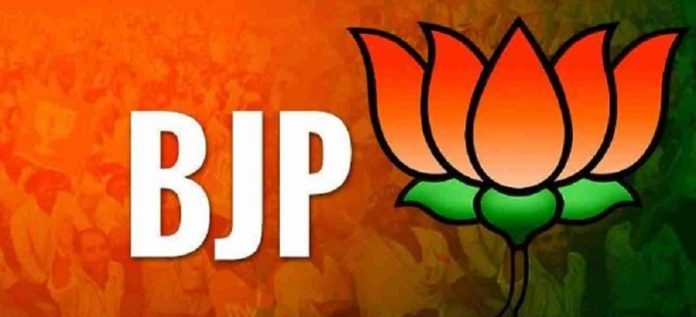- Over the last three decades, the country has witnessed several attempts at forging a third front alliance taking on the two main pan-India parties viz., the Indian National Congress and the Bharatiya Janata Party at the national level. Except for a few Union Governments headed by the erstwhile Prime Ministers like VP Singh, IK Gujral, and Deve Gowda, which were propped up by outside support from the two national parties, the attempts to run the country by the third front have been largely an unsuccessful experience. As such, Congress and the BJP continue to remain the driving force on the national political firmament is stating the obvious.

PC: Anand Mishra
- Nonetheless, sporadic efforts to forge a third front alliance keeping the national party at bay keep popping up, come the Parliamentary elections. As you are aware, the formidable election machinery of the BJP keeps perpetually chugging along and has succeeded in forming governments in many states over the last eight years. Now, this situation on the political landscape has evolved at the cost of the Congress which has considerably lost its traction amongst the electorate. Most importantly, the regional parties have gained a firm foothold in several important states too. And influential leaders from these states also aspire to essay a decisive role at the national level.
- Thus, attempting to form a third front assumes an attractive proposition to these aspiring leaders aiming for a bigger role at the Centre. Remember, permutations and combinations to form such an alliance where several leaders vie for the topmost leadership position is a gargantuan exercise in itself. We know there are different dynamics at play vis-à-vis Parliamentary and state assembly elections. Right from the anti-incumbency factor to developmental works to governance optics to manifestos defining the future plan of action are thoroughly considered by the comprehending electorate. Yes, the caste calculus, incentives, inducements, freebies, and promises do have a prominent part in the way our elections are fought and won.

PC: ABP News Bureau
- If the local factor decides who will eventually form the state governments, the national issues like security, inflation, employment, ease of living, opportunities, and confidence-building measures assuring the independence as well as the sovereignty of the nation largely decide who will head the Union Government. The politics of polarization is playing out at its nadir in the country is an undeniable fact. The BJP does not hesitate to project itself as the no-holds-barred Hindutva ideology projecting entity at every available opportunity. On the other hand, the Congress trades a soft Hindutva approach with secularism being proclaimed as its main plank.
- On scrutiny, it is apparent how the Congress has a bigger challenge at hand to not only position itself amongst regional parties without losing its unique identity but also live to fight another day for its very survival. Mind you, there cannot be any third-front alliance without the active involvement of Congress to take on the formidable might of the BJP. Will the extremely ambitious regional leaders be accommodative enough to concede space to the Congress will decide the eventual opposition unity. Practically speaking, such a front taking definite shape is next to impossible. Thus, the BJP will be quite content to see other parties fighting amongst themselves trying to figure out how best to tame it.






